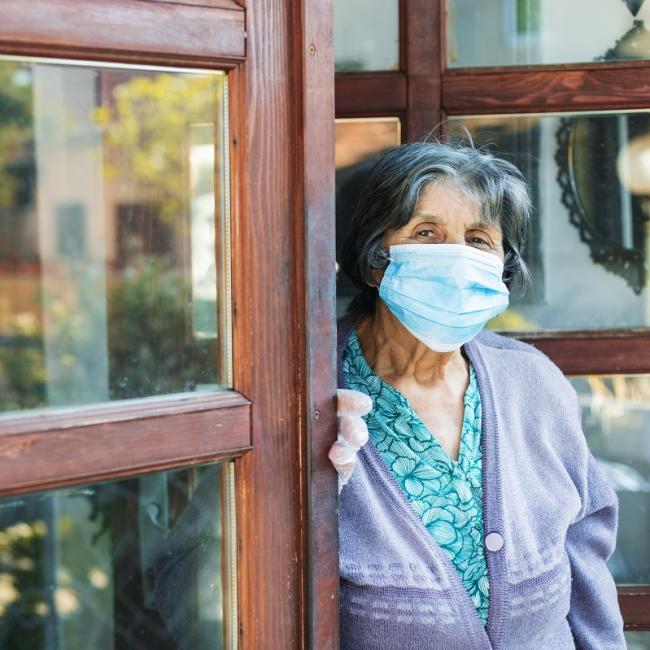Variations in Costs of a Collaborative Care Model for Dementia
J Am Geriatr Soc. 2019 Dec;67(12):2628-2633. doi: 10.1111/jgs.16076. Epub 2019 Jul 18.
ABSTRACT
OBJECTIVES: Care coordination programs can improve patient outcomes and decrease healthcare expenditures; however, implementation costs are poorly understood. We evaluate the direct costs of implementing a collaborative dementia care program.
DESIGN: We applied a micro-costing analysis to calculate operational costs per-participant-month between March 2015 and May 2017.
SETTING: The University of California, San Francisco (UCSF) and the University of Nebraska Medical Center (UNMC).
PARTICIPANTS: Participants diagnosed with dementia, enrolled in Medicare or Medicaid, 45 years of age or older, residents of California, Nebraska or Iowa, and having a caregiver. The sample was 272 (UCSF) and 192 (UNMC) participants.
INTERVENTION: A collaborative dementia care program provided by care team navigators (CTNs), advanced practice nurses, a social worker, and a pharmacist, focusing on caregiver support and education, medications, advance care planning, and behavior symptom management.
MEASUREMENTS: We measured costs (personnel, supplies, equipment, and training costs) during three program periods, Start-up, Early Operations, and Continuing Operations, and estimated the effects of caseload variation on costs.
RESULTS: Start-up and Early Operations costs were, respectively, $581 and $328 (California), and $501 and $219 (Nebraska) per-participant-month. Average costs decreased across phases to $241 (California) and $142 (Nebraska) per-participant-month during Continuing Operations. We estimated that costs would range between $75 (UNMC) and $92 (UCSF) per-participant-month with the highest projected caseloads (90).
CONCLUSION: We found that CTN caseload is an important driver of service cost. We provide strategies for maximizing caseload without sacrificing quality of care. We also discuss current barriers to broad implementation that can inform new reimbursement policies. J Am Geriatr Soc 67:2628-2633, 2019.
PMID:31317539 | PMC:PMC6898731 | DOI:10.1111/jgs.16076





